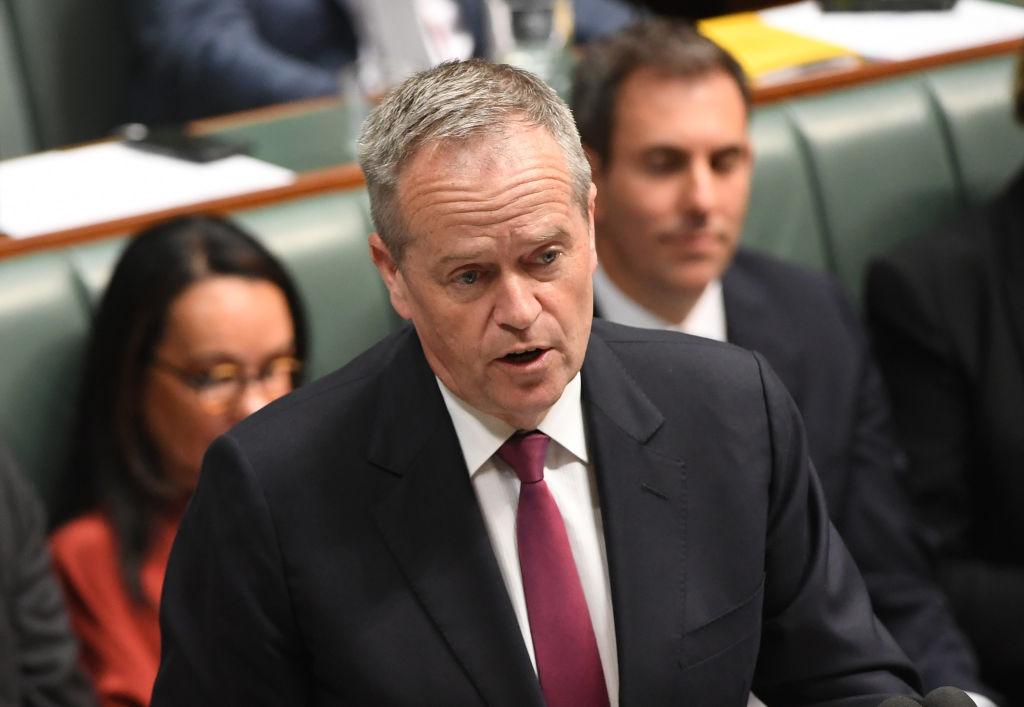Former Australian Labor Party (ALP) leader Bill Shorten has renewed calls for a federal level anti-corruption watchdog after Victorian Labor minister, Luke Donnellan, resigned on Oct. 11, just hours after he was named in a public inquiry into “branch stacking” in the state.
Shorten said the evidence presented during the first day of hearings highlighted the need for a federal body.





